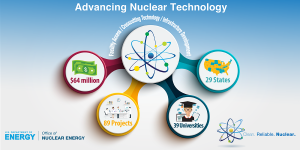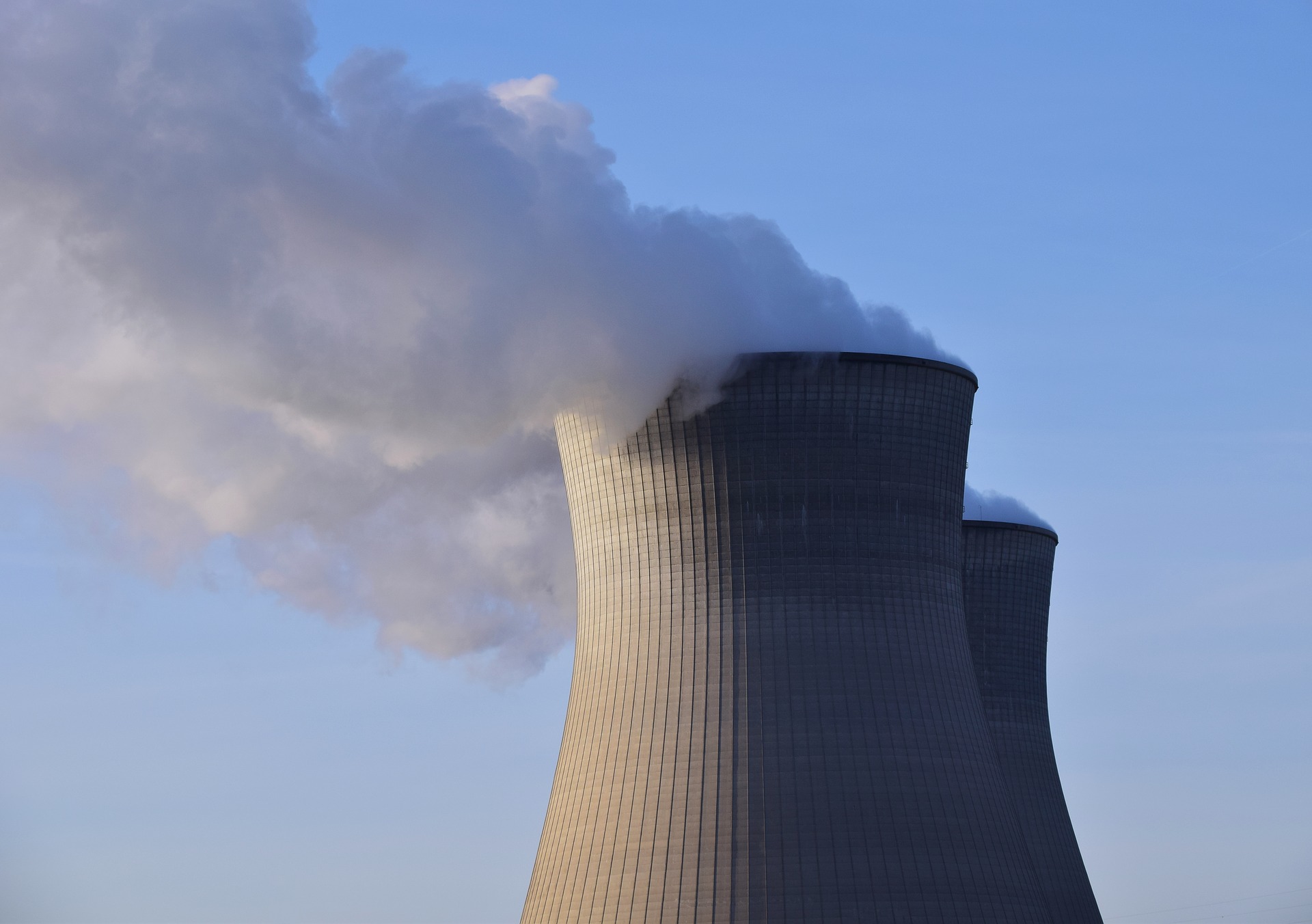A professor from the University of Connecticut’s Department of Mechanical Engineering and the Institute of Materials Science, Wilson K. S. Chiu, has received $800,000 from the U.S. Department of Energy’s Nuclear Energy University Programs to study a promising nuclear technology.
Alternative energy is a hot topic, as it is a viable alternative to traditional fossil-fueled sources that scientists are currently exploring.
One of the main concerns of nuclear energy, however, relates to safety for people and the environment. An exciting technology that has the potential to address this concern is molten-salt reactors.
Molten-salt reactors use molten salt as coolant or fuel. Molten-salts are solid at standard temperature and pressure but liquefy under heat, which means they allow the reactor to run at a higher temperature and are much more efficient than other coolants like helium or traditional water cooling systems. Molten salts can remain in their liquid state without pressurization in temperatures much higher than water. Coolants are an essential part of nuclear reactors as they ensure the core of the reactor stays at a stable, operable temperature and pressure.
While the potential of this technology has interested scientists and the U.S. Department of Energy since the 1950’s, a significant hurdle still stands in the way of scientists’ ability to develop these reactors for practical usage, which Chiu proposes to address.
There is currently a lack of understanding about how the molecular structure and dynamics of molten salts impact their physical and chemical properties like viscosity, solubility, volatility, and thermal conductivity.
“By using advanced synchrotron-based spectroscopic and scattering methods, we will be able to uncover key structural elements and properties on the atomic and molecular level,” he says.
This research will be able to demonstrate models for complex solutions for some potential problems that could arise with these reactors. It will also provide information about the properties of molten salts that will be of immediate use to other scientists working on developing this technology.
To achieve these challenging objectives, the project will work with several key collaborators including Oak Ridge National Laboratory and Stanford Synchrotron Radiation Lightsource. The co-Principal Investigators of this project are Theodore Besmann, professor from the University of South Carolina and Kyle Brinkman, associate professor from Clemson University.
This research could help the scientific community develop new theories and concepts that will allow models to predict the behavior of molten salts’ use in nuclear reactors and develop a way to monitor them as they work.

Chiu’s project is one of 89 selected for funding for nuclear energy research, facility access, and crosscutting technology and infrastructure development from the U.S. Department of Energy (DOE). The awards are dispersed under three DOE nuclear energy programs: the Nuclear Energy University Program (NEUP), the Nuclear Energy Enabling Technologies (NEET) program, and the Nuclear Science User Facilities (NSUF) program. Through these programs, the DOE funded nearly $64 million in awards for advanced nuclear energy technology to DOE national laboratories, industry, and 39 U.S. universities in 29 states.
“Because nuclear energy is such a vital part of our nation’s energy portfolio, these investments are necessary to ensuring that future generations of Americans will continue to benefit from safe, clean, reliable, and resilient nuclear energy,” says Ed McGinnis, DOE’s Principal Deputy Assistant Secretary for Nuclear Energy. “Our commitment to providing researchers with access to the fundamental infrastructure and capabilities needed to develop advanced nuclear technologies is critical.”
The UConn project is NEUP Project 18-15065.



